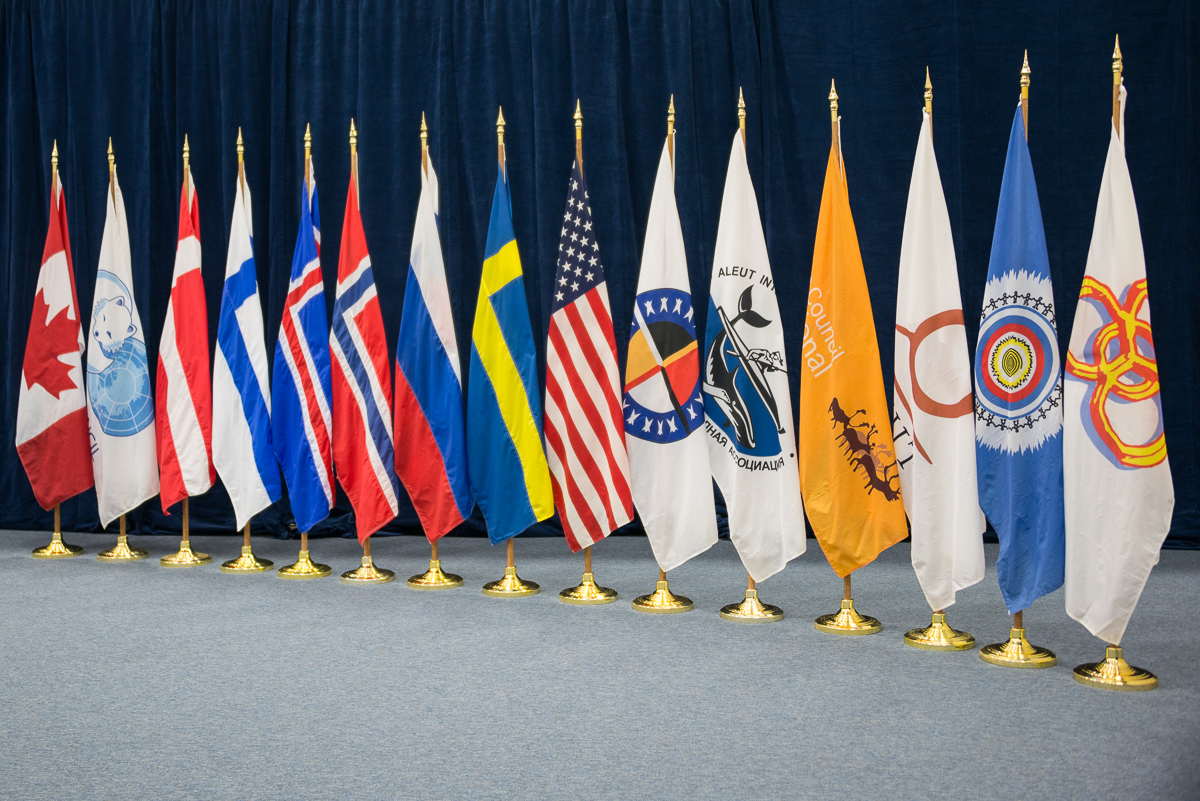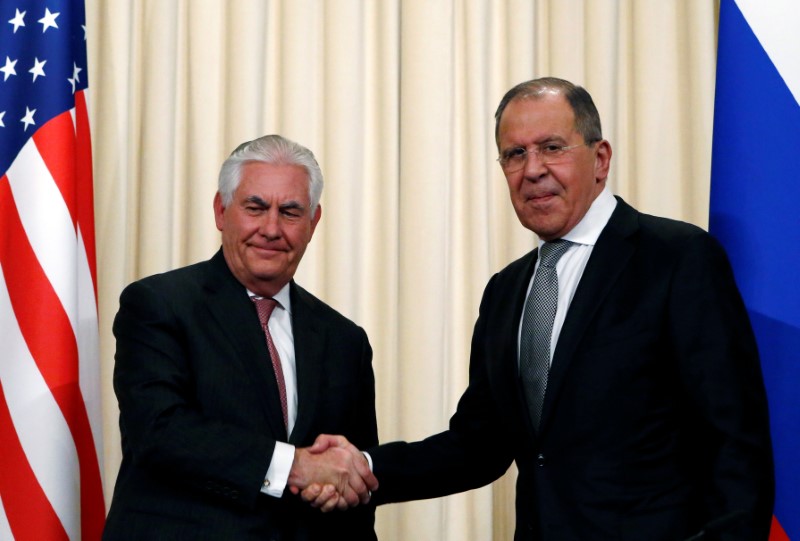Next week’s Arctic Council meeting could be eclipsed by events on the sidelines

All eyes are on Alaska next week as Fairbanks hosts the 10th biennial Arctic Council ministerial meeting, on May 11.
The main point of the gathering is for the out-going chair, currently the US, to hand over responsibilities to the country that is next in line, in this case Finland, and for the council’s working groups to hand in their ‘deliverables’, the assignments given to them two years ago, at the start of Washington’s tenure.
It it also an occassion for the ministers (primarily foreign ministers) and the leaders of the six indigenous groups that participate in the council’s work to have their say on what they think the council’s should focus on in the coming years.
The topics of the working-group assignments, some of which have already been presented publicly, are wide-ranging, reflecting the work of the council itself. They include a survey of telecoms infrastructure in the region and an assessment of traditional knowledge and food culture, styled after a cookery book. The council’s third binding agreement among member states, this one about scientific co-operation, is also expected to be agreed on.
Wading through these will keep those who follow the region closely occupied for months.
For the casual observer, there will be more easily digestible items, including whether the council will admit new observers. After admitting a group of primarily Asian states in 2013, no new observers were added during the 2015 meeting, but with a growing list of states and non-governmental organisations looking to get in (as many as 30 have applied), and a number of competing forums cropping up, the council has been looking into ways incorporate them without overwhelming member states and indigenous groups.

Most of the focus, however, may be less on what happens during the gathering itself than on its sidelines, particularly meetings between Rex Tillerson, the US secretary of state, and Sergey Lavrov, the Russian foreign minister. Here, the topics may be Arctic related, including defence and security issues (Alaska, for example, was buzzed by Russian bombers this week), which the council does not take up, but they are just as likely to have nothing to do with the region at all.
[Russian bombers return to skies off Alaska – this time with a fighter escort]
Indeed, there are many non-Arctic items on the table between the US and Russia, and any meeting between Tillerson and Lavrov will be the first after a telephone conversation between Donald Trump and Vladimir Putin, their respective bosses, last week that primarily focused on Syria, where Moscow’s support for Bashar al-Assad, the country’s president, places it at odds with Western capitals.
Lavrov is attending after skipping the 2015 meeting, in Iqaluit, Nunavut. Officially this was due to a busy schedule, but the unofficial explanations ranged from a continued diplomatic falling out with Canada, to a recognition that his presence would draw attention away from Arctic issues.
Concern about this last was well founded; during a post-meeting press conference attended by John Kerry, then the US secretary of state and Leona Aglukkaq, the Canadian Arctic Council minister, just one question focused on the meeting.
With this in mind, the possibility of outside issues stealing the show should not be ruled out. But, if repairing relations between the two countries is on the agenda, they may have reason to shift focus back to the region, given its reputation as a place where not just Washington and Moscow, but all capitals who have an interest there, seem to agree on the value of collaboration.
Everyone’s eyes will be on Fairbanks next week. Their minds, however, may wander.